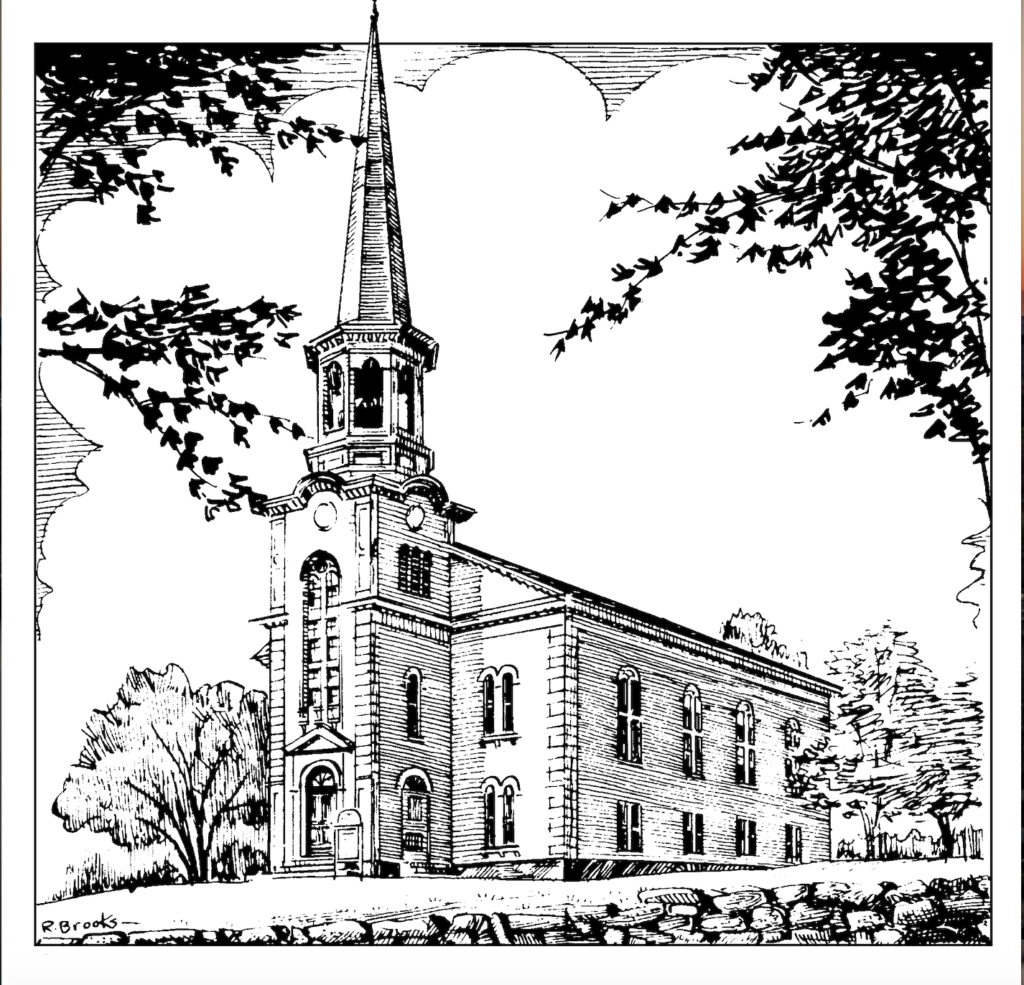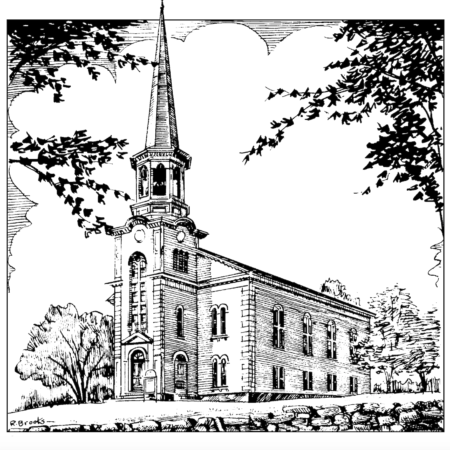
Conversations
John 4:5-42
5So he came to a Samaritan city called Sychar, near the plot of ground that Jacob had given to his son Joseph. 6Jacob’s well was there, and Jesus, tired out by his journey, was sitting by the well. It was about noon. 7A Samaritan woman came to draw water, and Jesus said to her, “Give me a drink.” 8(His disciples had gone to the city to buy food.) 9The Samaritan woman said to him, “How is it that you, a Jew, ask a drink of me, a woman of Samaria?” (Jews do not share things in common with Samaritans.) 10Jesus answered her, “If you knew the gift of God, and who it is that is saying to you, ‘Give me a drink,’ you would have asked him, and he would have given you living water.” 11The woman said to him, “Sir, you have no bucket, and the well is deep. Where do you get that living water? 12Are you greater than our ancestor Jacob, who gave us the well, and with his sons and his flocks drank from it?” 13Jesus said to her, “Everyone who drinks of this water will be thirsty again, 14but those who drink of the water that I will give them will never be thirsty. The water that I will give will become in them a spring of water gushing up to eternal life.” 15The woman said to him, “Sir, give me this water, so that I may never be thirsty or have to keep coming here to draw water.” 16Jesus said to her, “Go, call your husband, and come back.” 17The woman answered him, “I have no husband.” Jesus said to her, “You are right in saying, ‘I have no husband’; 18for you have had five husbands, and the one you have now is not your husband. What you have said is true!” 19The woman said to him, “Sir, I see that you are a prophet. 20Our ancestors worshiped on this mountain, but you say that the place where people must worship is in Jerusalem.” 21Jesus said to her, “Woman, believe me, the hour is coming when you will worship the Father neither on this mountain nor in Jerusalem. 22You worship what you do not know; we worship what we know, for salvation is from the Jews. 23But the hour is coming, and is now here, when the true worshipers will worship the Father in spirit and truth, for the Father seeks such as these to worship him. 24God is spirit, and those who worship him must worship in spirit and truth.” 25The woman said to him, “I know that Messiah is coming” (who is called Christ). “When he comes, he will proclaim all things to us.” 26Jesus said to her, “I am he, the one who is speaking to you.”
27Just then his disciples came. They were astonished that he was speaking with a woman, but no one said, “What do you want?” or, “Why are you speaking with her?” 28Then the woman left her water jar and went back to the city. She said to the people, 29“Come and see a man who told me everything I have ever done! He cannot be the Messiah, can he?” 30They left the city and were on their way to him. 31Meanwhile the disciples were urging him, “Rabbi, eat something.” 32But he said to them, “I have food to eat that you do not know about.” 33So the disciples said to one another, “Surely no one has brought him something to eat?” 34Jesus said to them, “My food is to do the will of him who sent me and to complete his work. 35Do you not say, ‘Four months more, then comes the harvest’? But I tell you, look around you, and see how the fields are ripe for harvesting. 36The reaper is already receiving wages and is gathering fruit for eternal life, so that sower and reaper may rejoice together. 37For here the saying holds true, ‘One sows and another reaps.’ 38I sent you to reap that for which you did not labor. Others have labored, and you have entered into their labor.” 39Many Samaritans from that city believed in him because of the woman’s testimony, “He told me everything I have ever done.” 40So when the Samaritans came to him, they asked him to stay with them; and he stayed there two days. 41And many more believed because of his word. 42They said to the woman, “It is no longer because of what you said that we believe, for we have heard for ourselves, and we know that this is truly the Savior of the world.”
Historical Context
John 4 represents the founding narrative for the presence of a considerable number of Samaritans in the Johannine community. It points to the diversity among the early Christian communities, and it legitimizes the discipleship of women. It is presented in the form of a dialogue between Jesus and a woman of Samaria. Both are embedded in two different ethnic and religious groups, which provide the backdrop for their conversation. These two groups are the disciples and the Samaritan villagers.
Theme: Conversation
Frequently overlooked is that this interaction is a conversation. Jesus suggests that conversation is essential for faith. No wonder Jesus engages in and insists on conversation when it comes to believing, since believing is synonymous with relationship. It matters that Jesus’ revelation of who he is to her and her realization of who he can be for her happens in conversation. Their conversation is emblematic of what true relationship looks like; mutuality, reciprocity, and regard.
The dialogue between the Samaritan woman at the well and Jesus provides an outline that not only offers features so as to model conversive speech but also points to the very nature of God. First, note that the conversation begins with mutual vulnerability. Second, questions are critical to conversation. Questions that communicate curiosity, an interest in the other, a longing for information and understanding. Third, conversations for the sake of intentional and genuine interest in the other take time. They take time because there will likely be moments of misunderstanding. Fourth, when it comes to having a conversation with Jesus or about Jesus, expect to be surprised. Expect God to reveal something about God’s self that you have never seen before. The unnamed woman at the well is the first one to whom Jesus reveals his true identity.
The final characteristic of theological conversation is to anticipate being changed in the process. The woman at the well goes from shamed to witness. From dismissed to disciple. From alone to being a sheep of Jesus’ own fold.


0 Comments